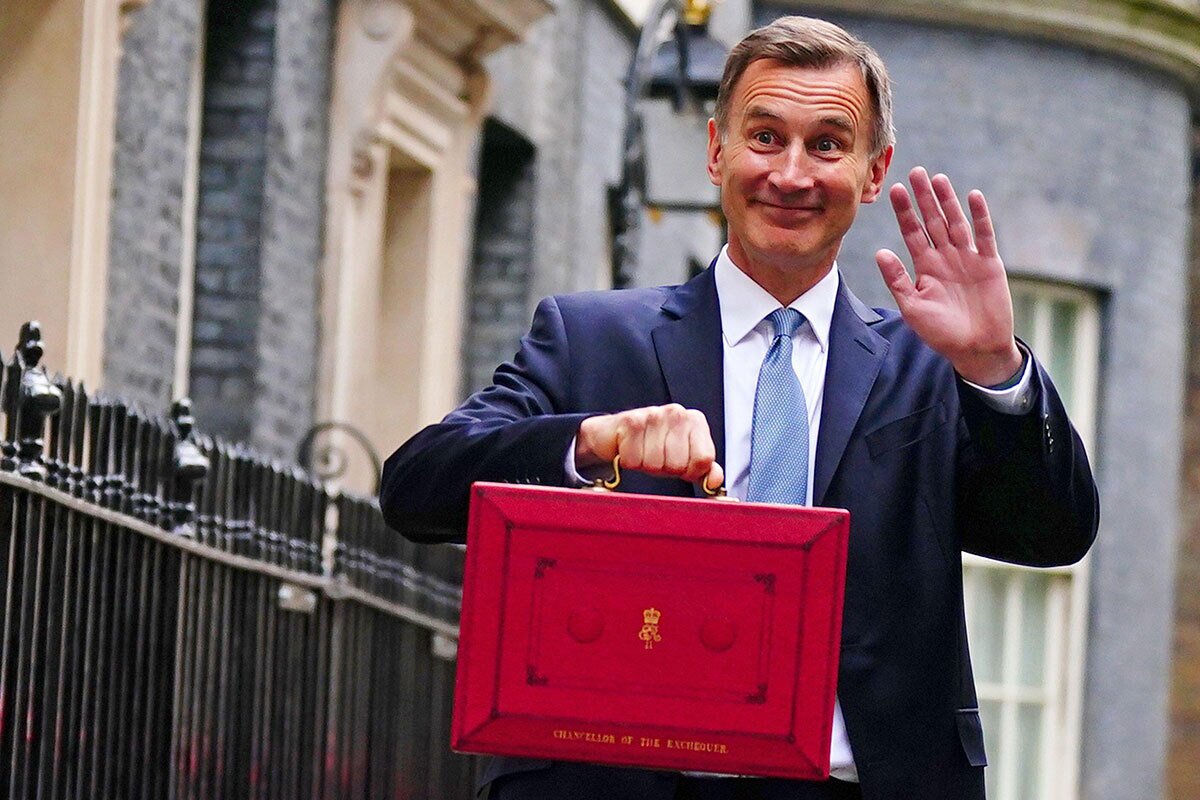
Key Highlights from the Spring Statement 2024: Tax and Financial Updates
In the lead-up to the Spring Statement 2024, speculations and discussions surrounding potential changes and the looming general election were abundant. Today, we bring you a comprehensive overview on how the updates could impact you.
The Spring Statement Unveiled:
As the current Chancellor of Exchequer, Jeremy Hunt who had previously introduced tax adjustments in the November 2023 Autumn Budget, shed light on changes set to take effect from April 6, 2024 (the new tax year).
Below is a quick snapshot of the key adjustments outlined in the 2024 Spring Statement:
- National Insurance Reduction: A 2% reduction in both Class 1 (for employees) and Class 4 (for the self-employed) National Insurance rates.
- High Income Child Benefit Charge Threshold Increase: A boost in the threshold from £50,000-£60,000 to £60,000-£80,000, providing relief for Child Benefit recipients.
- Capital Gains Tax (CGT) on Property: Higher rate taxpayers (earning over £50,270) will see a decrease in CGT on property from 28% to 24%.
- The British ISA: Details pending, but Chancellor Hunt plans to introduce the British ISA, encouraging investment in UK businesses and offering additional tax-free benefits.
- Furnished Holiday Lets Regulation: Stricter regulations for short-term holiday lets, including the scrapping of tax breaks for second-home owners and new requirements for property conversion.
- VAT Threshold Adjustment: A raise in the VAT threshold from £85,000 to £90,000, benefitting sole traders.
- Non-Domiciled Status Reform: Changes for wealthy foreign residents, ending non-domiciled status after four years of residence in the UK.
- Stamp Duty Relief Abolished: The removal of Multiple Dwellings Relief to deter property investors from exploiting reliefs.
Additional Changes Effective April 6, 2024:
As the new tax year begins, several other changes will be implemented, including halved thresholds for CGT and Dividend Tax, the scrapping of Class 2 National Insurance, increased Child Benefit payments, a rise in the National Living Wage, and modified Self Assessment requirements for high earners.
As we step into the new tax year, these changes mark a significant shift in financial landscapes. Stay tuned as we navigate through the intricacies of the effect this has on personal tax!










